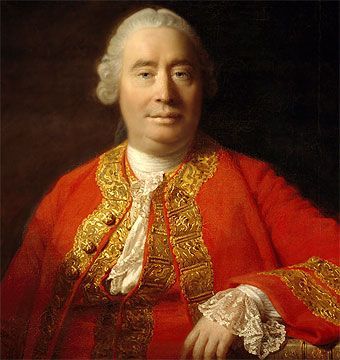Homer- Management by performance
is the Greek philosopher who believed in Heroism and a society bound by roles. Based on this Homeric philosophy, you are defined by your actions in order to assert your ‘Hero’ status.
25 Sept 2017
Our workplace culture, employee skillset and PMO practices are changing in ways we have not witnessed since the early 19th century. To be a future-ready manager, we need to learn the necessary management skills to adapt to these changes.
An assessment has been made on three famous philosophers’ approach to leading and the subsequent PMO solutions that are required in a workplace to achieve business goals. Drawing on these philosophies can guides managers to reach their leadership aspirations.

Homer- Management by performance
is the Greek philosopher who believed in Heroism and a society bound by roles. Based on this Homeric philosophy, you are defined by your actions in order to assert your ‘Hero’ status.
For a hero manager, the only way to establish his status is through his performance as a hero in combat on the battlefield. Hero Managers are constantly in fear of disgrace and they fear the judgement of their community
In a Homeric organisation, obtaining PMO solutions and its scope of influence within this hierarchy is often limited. PMO services and efficient office management is a double edge sword in this management style.
If you answered ‘yes’, your management philosophy is Homeric. To position yourself favourably for future success you may need to alter your management approach to:

Plato - Management by education and reasoning
believed a leader is a human instructor who needs to omit the conflict between its segments to create an ideal state. This is called the FORM theory, which is the ability to see the good, be better and seek the truth.
A vital task as a PMO manager is to educate and assist people to achieve their strategic objectives. . Training and mentoring should be one of the PMO strengths in your organisation and PMO solutions should be delivered with adequate training and performance measurements.
If you answered ‘yes’, your PMO leadership approach is emerging in Plato’s Idealist theory. To be successful in this position:

Hume - Management by experience
Hume is one of the philosophers who believed in Empiricism, claiming that learning is acquired by observation and result of our perception. Hume also argued that our understanding of whether an action is right or wrong should be based on the response that it receives.
An organisation with Hume philosophy management supports PMO in developing solutions and services by engaging different SMEs across the business. To be successful with this type of management philosophy PMO needs to be a role model of facilitation, requirements management and stakeholder management skills and competency.
If you answered ‘yes’ to these questions, as a leader you will need to
This philosophy provides an effective way to generate new ideas, but without proper management, it can also lead to improper solutions.
PMO’s main role is leading a team and people to achieve business objectives so all these three different philosophies can shape a PMOs vision. To help PMO establish an effective relationship with people, facilitate the right decisions and strengthen team’s ability to deal with dilemmas, a variety of management philosophies need to be factored. There is not a one path solution for all PMO office practices. To take the right approach we need to:
These cannot be achieved unless we as leaders educate and evaluate ourselves constantly and be a leader that people follow because of who we are and what we represent.
Do you know we can help you to establish a fit-for-purpose PMO leadership style for your organisation? Book a time with us to learn more.


PMO Solutions Australia provides Project Management Office orchestration solutions for businesses looking to streamline their internal project delivery and processing.
ADDRESS
PMO Solutions, Level 35, One International Towers, 100 Barangaroo Ave, Sydney , NSW 2000 Australia
Copyright © 2022 PMO Solutions. All rights reserved. Designed with ♥ by Sydney Digital Marketing